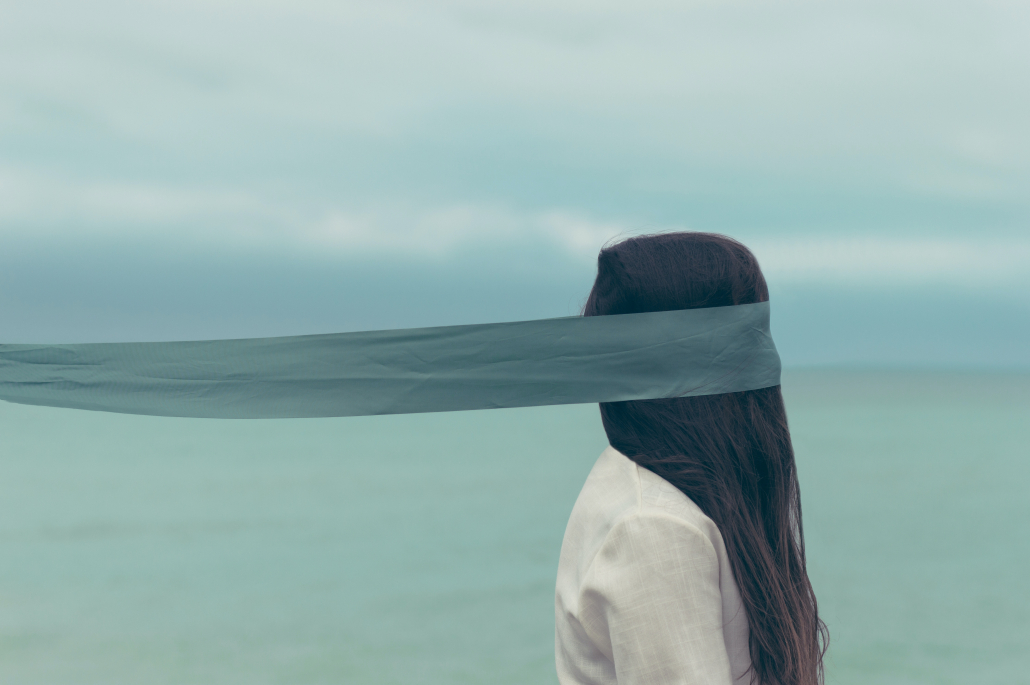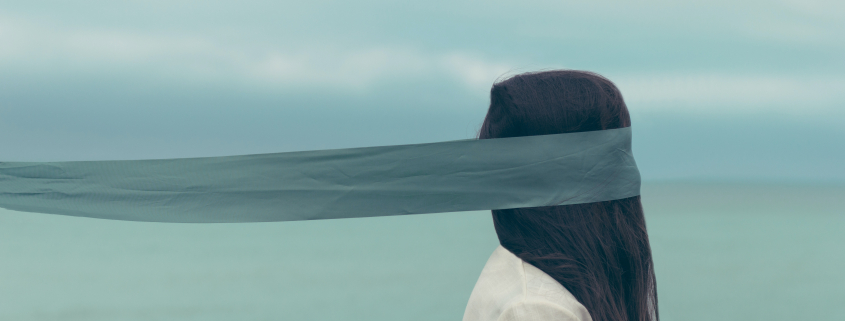Free speech always had a price tag, one we created

As a journalist, the First Amendment is one of the most important sections in the United States Constitution to me. With it, the free media can investigate and report on government misconduct, allowing citizens access to all sides of every issue without government interference. Without it, our ability to create our own judgments is vastly hindered as misinformation runs rampant under the guise of “news” while the truth lies hidden behind the walls of those in power.
In looking at the strategies governments have adopted to manipulate the media, the issue of censorship is often discussed with authoritarian countries such as North Korea, China, Saudi Arabia and Iran in mind. Whether through tactics such as blatant harassment and coercion or more sophisticated surveillance and internet blockage, these governments withhold information to maintain control of their citizens and stay in power.
While censorship is an issue in the U.S., it takes shape in a less aggressive form with book bans and a limited education curriculum. As these cases, such as New York Times Co. v. United States and Florida Gov. Ron DeSantis, reach federal courts and spread through the media like wildfire, there is still hope that the First Amendment will continue to protect our freedom of speech. But what about a more subtle form of censorship, one that the First Amendment cannot protect us from? What do we do in the face of self-censorship, especially in journalism?
The First Amendment doesn’t allow us to say as we so please. Unprotected forms of speech include defamation, incitement, child pornography and more. Ethics and integrity are the bedrock of journalism and editors are responsible for protecting these qualities to the best of their abilities. If we were to completely negate the importance of editing, unprotected speech finds its way into journalism. However, the situation changes when your writing and editing is based on fear.
In the words of Aidan White, founder of the Ethical Journalism Network, “When a journalist or editor makes an editorial decision over a story and its contents that is motivated by the threat of reprisal — whether from the state, the police, the owner, or the advertiser — it is nothing to do with the principles of good journalism.”
Research on self-censorship began in the 1950s at McCarthyism’s peak when dissent was associated with communism and consequences were dire, to say the least. However, according to Sara Savat, senior news director for business and social sciences at Washington University in St. Louis, “despite the very real potential consequences, only 13.4% of Americans said they engaged in self-censorship at the time. Over the past 70 years, however, that number has tripled.”
The Pew Research Center found in a 2000 study that out of nearly 300 journalists and news executives, 41% of reporters admit that they have either purposefully avoided newsworthy stories, “softened the tone of stories to benefit the interests of their news organizations” or both. Unable to find a more recent statistic, I can only imagine what these numbers look like with the data Savat cited.
But this is what writers of color have always had to do, lest they dare challenge their white counterparts and put themselves at risk. “We were not allowed to make mistakes,” explained author Wajahat Ali at a town hall discussion covered by the New York Times, “You don’t get to fail up, and write endlessly about cancel culture from prestigious outlets.”
I’ve noticed that with every article I write, the initial draft is always stronger than the final, but it’s never the one that is published because of the (perhaps illogical) idea that I only have a few chances to say what I want to say. We often ignore the harms of our own self-censoring that isn’t a direct result of government control or threats. When we dilute our own thoughts, what we are left with is just another version of mainstream thinking.
When navigating the ethics of writing, writers must take into consideration their audience and the tone of their argument. But when “caution” becomes synonymous with ethical journalism, the balance of telling the public what they want to know and what they need to know begins to tip towards the side of the former. In doing so, our own beliefs begin to change and grow smaller in fear of upsetting the norm. Fear is a powerful tool that those in power use to silence minority voices, but other times we are our own worst enemy and it’s our own misplaced fear silencing our own voices.

